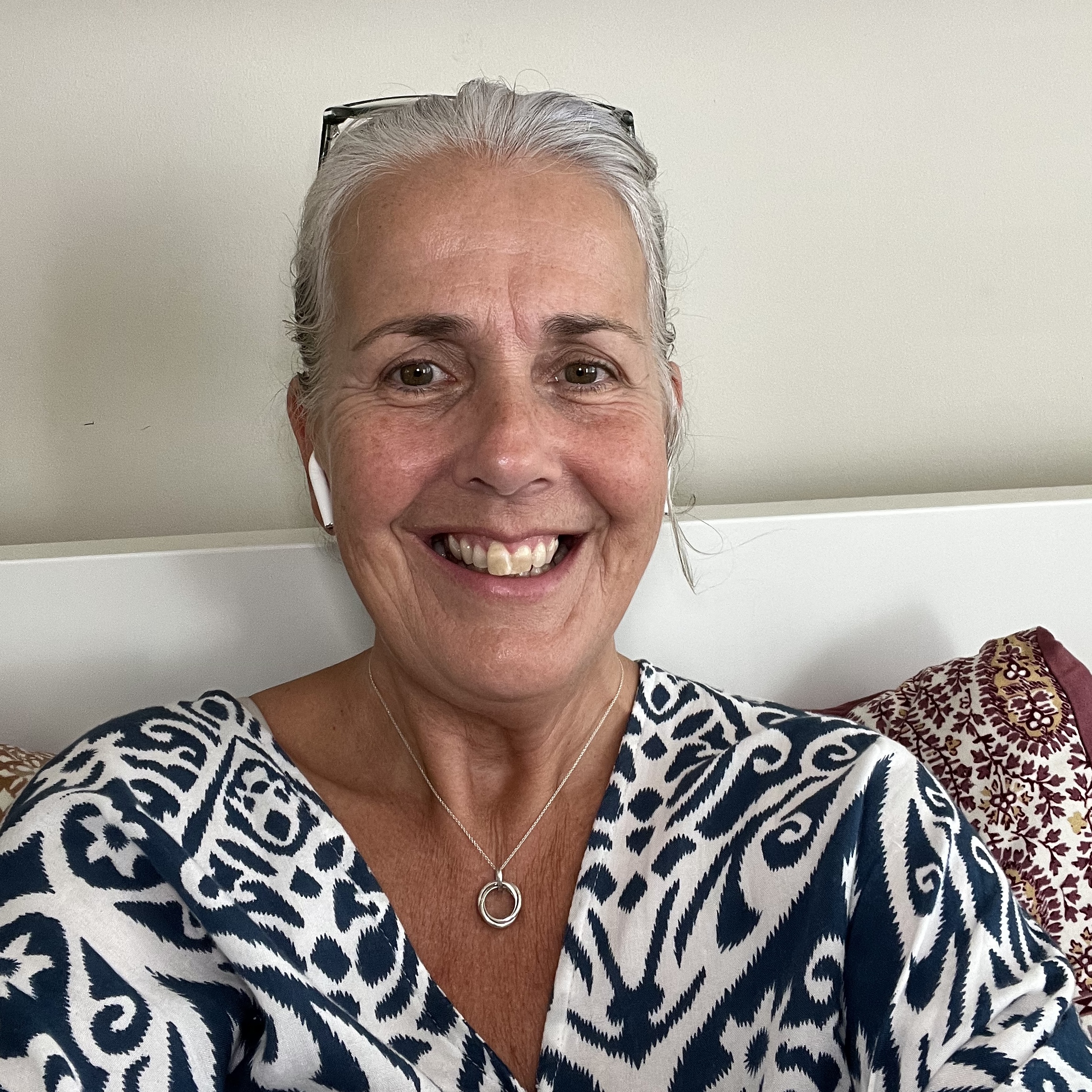Knowing Your WHY In Early Childhood Matters
- Sarah Moore
- Apr 17, 2023
- 3 min read

Introduction
In 2006, author, motivational speaker, and leadership expert Simon Sinek gave a TED Talk: How great leaders inspire action, which has been viewed over 35 million times. In it, he shares his idea of the Golden Circle, a framework for understanding why we do what we do.
At the core of the Golden Circle is the question: why? Sinek argues that too often, we start with what we do or how we do it – when really, we should be starting with why.
In other words, our actions should be driven by our purpose, not the other way around.
In this blog post, we will explore why knowing your "why" in early childhood leadership matters.
We'll look at what the "why" is, why it is important to know and how it can help in your leadership journey.
What is the WHY?
Simply put, your "why" is the driving force behind what you do, the reason for getting out of bed in the morning.
For early childhood leaders, your "why" might be a desire to create a safe and nurturing environment for young children to learn and grow. It might be a passion for helping children reach their full potential or a belief that every child deserves access to quality education.
Whatever your "why" is, it’s important to know and keep at the forefront of your mind.
The Importance of Knowing Your WHY
Here are a few reasons:
1. It helps you stay focused. When you know your "why", you have a clear sense of purpose that can guide your decisions and actions. You know what you're working towards and why it matters, which can help you prioritize your time and energy. For example, suppose your "why" is to create a safe and nurturing environment for young children. In that case, you might spend more time and resources on improving the physical space of your centre or developing policies and practices that promote emotional safety.
2. It inspires others. When you're passionate about your "why", it's contagious. Others will be drawn to your energy and enthusiasm and may be inspired to join you in your efforts. As an early childhood leader, this can be particularly powerful. When you communicate your "why" to your staff, parents, and community members, they'll be more likely to support your vision and get involved in making it a reality.
3. It helps you overcome the constant challenges you are required to respond to. As you know, many challenges and obstacles can get in the way of your success. However, when you know your "why", you're more likely to persevere through the tough times. For example, if you are managing staff performance issues or experiencing staffing shortages, your "why" can help you stay motivated and focused on finding solutions. When you know that your work is making a difference in the lives of young children, it’s easier to keep pushing forward.
4. It helps you become less reactive to events and more responsive, as your "why" enables you to focus on the bigger picture and the impact you want to create.
Conclusion
In conclusion, knowing your "why" is essential for early childhood leaders. It helps you stay focused, inspire others, and give you the motivation and resilience you need to overcome challenges.
You're here to do meaningful work, so being crystal clear on your 'why' will help you to overcome overwhelm and amplify your impact.
So, take some time to reflect on your purpose and why you do what you do – it could make all the difference in your leadership journey.
Are you curious about the process of clarifying your "why" and connecting with other Early Childhood Leaders to strengthen your focus and impact as a leader?
If so, come and check out our 6-week Online Conscious Leadership Program, where we walk you through a process of rediscovering your 'why' to help you create a stronger sense of purpose, clarity and impact and become more conscious in your leadership


Commentaires